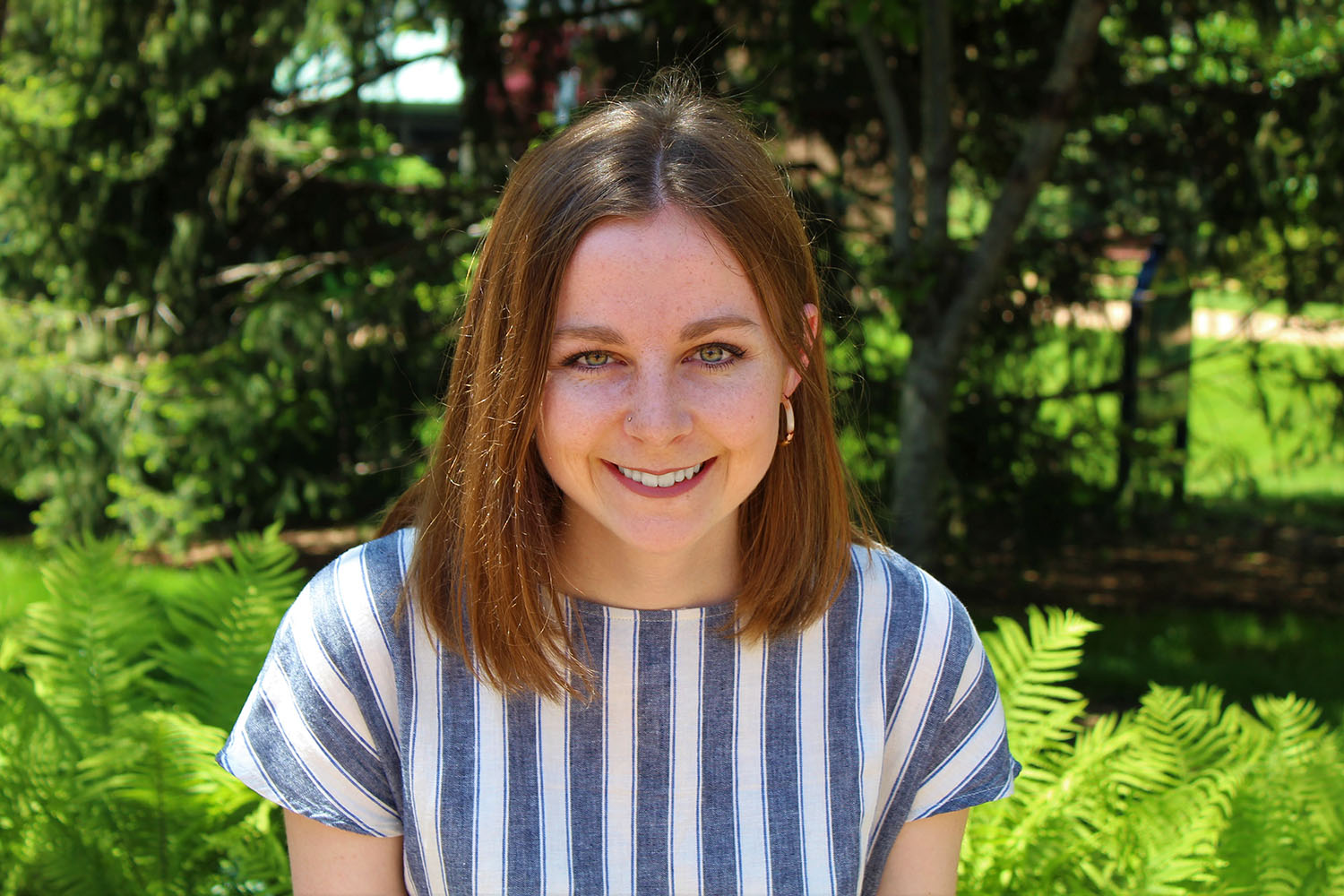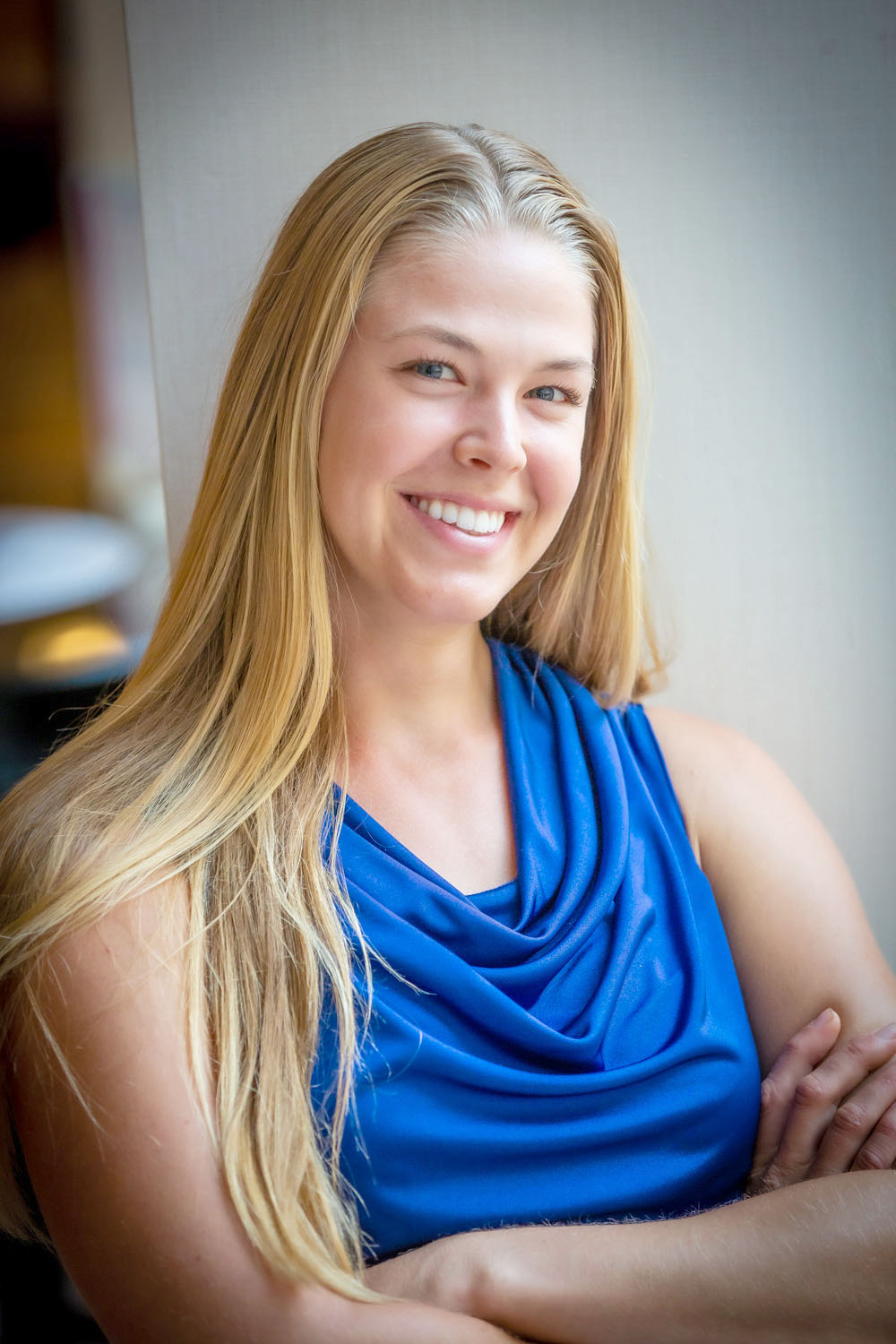Newsroom
Kate Donald and Laura Stankiewicz awarded 2022-2023 William and Dorothy Gilbert scholarships
We extend our congratulations to this year’s 2022-2023 William and Dorothy Gilbert Scholarship recipients Kate Donald and Laura Stankiewicz. This award, established in 1995 by Professor Terrance Snutch in honour of William and Dorothy Gilbert, recognizes the accomplishments of outstanding doctoral students at the Michael Smith Laboratories. Both of these exceptional researchers are contributing to impactful human health and immunology research projects.

PhD candidate Katherine Donald
Originally hailing from Texas, Kate Donald (she/her) has been fascinated by the human gut microbiome and immune system connection since studying microbiology during her undergraduate research. She joined Dr. Brett Finlay’s microbiology and immunology lab as a PhD candidate in 2020.
“This idea of the ‘super organism’ really fascinates me – that we’re not just one organism but a community of organisms that make up our bodies which is constantly changing and shifting depending on things like our diet, environment and the interactions between our microbes,” shares Donald. “The gut microbiome and immune system relationship is an exciting and growing field of research.”
Donald’s research focuses on the connection between antibodies in a mother’s breastmilk and the development of allergies in children.
“I study breastmilk antibodies and how they target and affect the microbiome in infants. We know the gut microbiota in infancy plays a really important role in immune system development and alterations in the gut microbiota have been linked to allergies,” explains Donald.
The antibodies found in breastmilk target microbes encountered by the mother. These antibodies help to either promote or limit different bacteria, effectively controlling the community of microbes in the gut. When an infant consumes breastmilk, they ingest these antibodies that are then transferred to their own gut. As infants aren’t able to produce their own antibodies, consuming breastmilk is crucial for this important step of immune system development. When infants are deficient in certain microbes, they are more susceptible to immune issues such as infections and conditions like irritable bowel disease, allergies and asthma. Some studies are now also suggesting a link between these deficiencies and neurological disorders.
“Awards like this really encourage you to stay passionate about your work. To be recognized for your research is really exciting. It’s a great opportunity to pull back from your project’s focus and think about the bigger picture and possible impact your research could have,” Donald reflects.
The clinical translation of this research could see the development of specialized baby formulas containing the essential breastmilk components that can influence infant immune development, or probiotics for use during pregnancy as a preventative measure.

PhD candidate Laura Stankiewicz
PhD candidate Laura Stankiewicz (she/her) also examines how what happens in early life can impact our immune system in the long term. Stankiewicz is jointly supervised by Dr. Peter Zandstra and Dr. Fabio Rossi, at the Michael Smith Laboratories and School of Biomedical Engineering. Her research project is focused on understanding the development of immune cells in an organ called the thymus.
“I use spatial multiomic techniques to study how T cells develop in the thymus. I use epigenomic, transcriptomic and proteomic techniques to study how T cells develop in the thymus. We’re exploring ways to guide stem cells to develop into T cells using our in vitro platform. Our research outcomes are currently being applied to cancer therapies and may eventually contribute to autoimmune therapies,” explains Stankiewicz.
Combining laboratory experiments and data analysis, Stankiewicz observes the development of T cells in the thymus. This is a spatially related process where immune cells move around to different parts of the organ to develop certain traits. Using a novel high-resolution technology called CODEX, cells can be imaged with multiple markers to learn more about how they develop and interact. Stankiewicz and the lab are taking this knowledge and applying it to a pipeline for creating T cells from stem cells inside the lab, with the goal of engineering the lab environment to be more like the thymus. Interestingly, there is a trend visible revealing that T cell development differs between sexes.
“We’re examining early human T cell development in babies, from birth to 12 months old. We’re already seeing interesting sex differences in how our immune cells are trained at this stage of life. We need to start applying this knowledge to our understanding of immunity and the implications of these inherent differences.”
Researchers have found that female immune cells are more reactive and are asking questions about how this impacts our understanding of autoimmunity and its increased prevalence for women. They have also found that male cells have a decreased immune response and wonder if this could be connected to male susceptibility to infections and cancer. This work raises important, broad questions with possible implications for drug development and therapy options for different sexes. The next step is to test these hypotheses using stem cell-based models in vitro.
“The cell and gene therapy work being done at UBC’s biomedical research centers is where I see the future of precision medicine going. I’m excited to be a part of this community and think about the ways this research could impact medical treatment in the future,” says Stankiewicz. “Being acknowledged with this award is a huge honour and an encouragement that the work we are doing is important and valuable.”
Both Donald and Stankiewicz share a curiosity about the development of the human immune system and a passion for improving human health outcomes with their work. We celebrate their impressive achievements thus far and look forward to seeing the positive ways their projects will transform healthcare delivery.